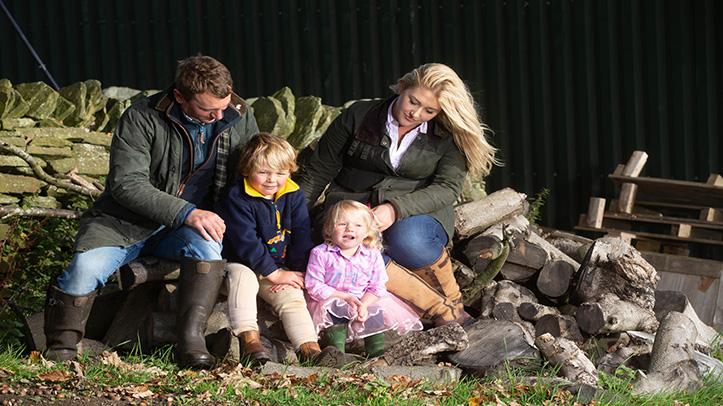Over two and a half times as many members of the farming community received support from RABI last year in comparison to 2021 but there’s still a long way to go, according to the farming charity.
Reaching more people
The increase in the number of working families RABI supported suggests that increasingly complex challenges are impacting many farming people. It can also, in part, be attributed to the unexpected uptake of its Return to School campaign and the roll-out of new professional mental health services.
RABI’s director of services, Caron Whaley, said that despite the increase in people receiving support, there is still much more that can be done to improve the wellbeing of the farming community.
“Last summer’s Return to School campaign directly benefited almost 4,000 people,” said Ms Whaley. “It has been RABI’s most impactful standalone campaign, which had an allocated budget of £1.5 million assigned by the Trustees, available for farming families in need.”
Breaking down barriers
“Unfortunately, we believe there remains a large percentage of the community who are reluctant to reach out for support. Collectively, we need to work towards breaking down the barriers that prevent people from accessing help when they need it,” she continued.
The Return to School campaign was particularly successful in connecting RABI to farming women aged 35 to 44, who accounted for 80% of applicants. Reaching these mothers was particularly important, as RABI’s Big Farming Survey had previously identified this demographic as being most at risk of poor mental health and wellbeing.
“For almost 90% of the people who received support through Return to School, this was the first time they had connected with us. Encouraging people who are struggling to take that initial step is vital if we are to change the perception that asking for help is not a weakness but a strength,” said Ms Whaley.
Supporting wellbeing
She added that since launching the RABI wellbeing services in January 2022, the uptake of professional in-person counselling has exceeded expectations by almost twelve times.
“The uptake of professional counselling suggests a sizeable need in our community for wraparound wellbeing services that complement the financial help and guidance we provide,” said Ms Whaley.
“We want to continue encouraging people to access early, preventative wellbeing support and normalise everyday conversations around how we’re feeling.”
Demand for RABI’s accredited mental health training was also much higher than anticipated. Led by qualified counsellors, the training helps to equip those working with farming people with the tools and confidence to start mental wellbeing conversations, as well as being able to recognise the signs when someone is struggling.
“Addressing the wrap around needs of the farming community remains a key driver for RABI. Reaching out to ask for help is something everyone can be part of supporting and we encourage everyone in the farming community to be part of that change,” said Ms Whaley.


